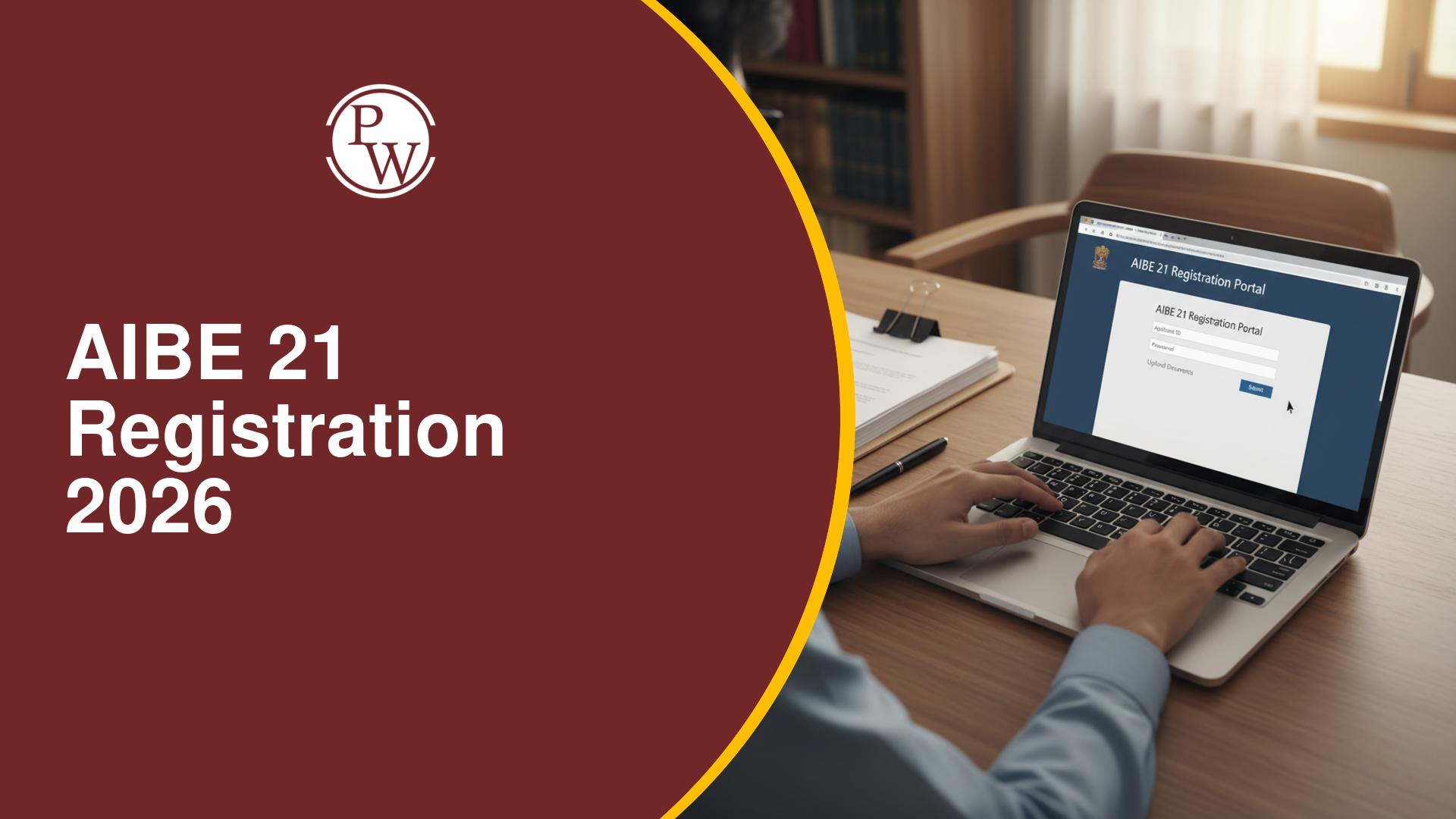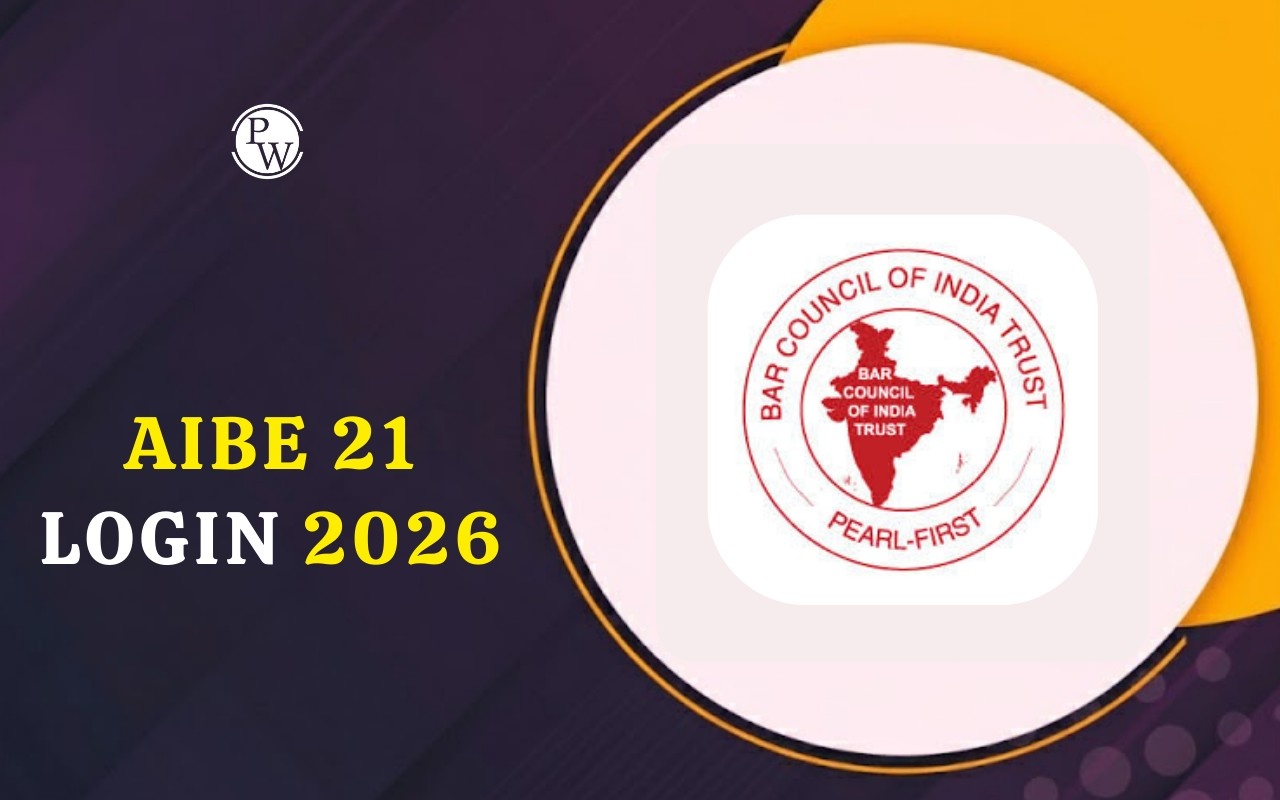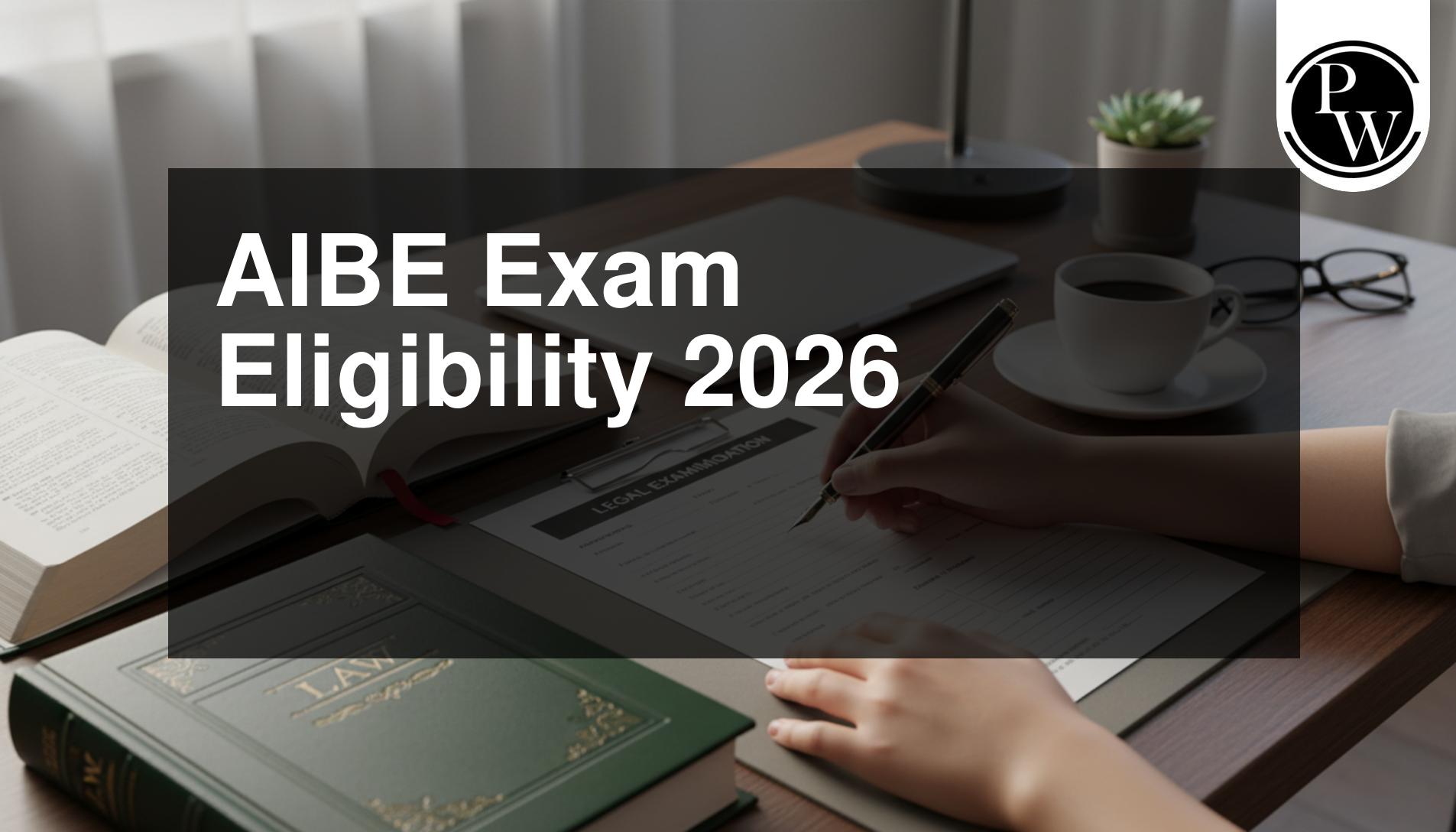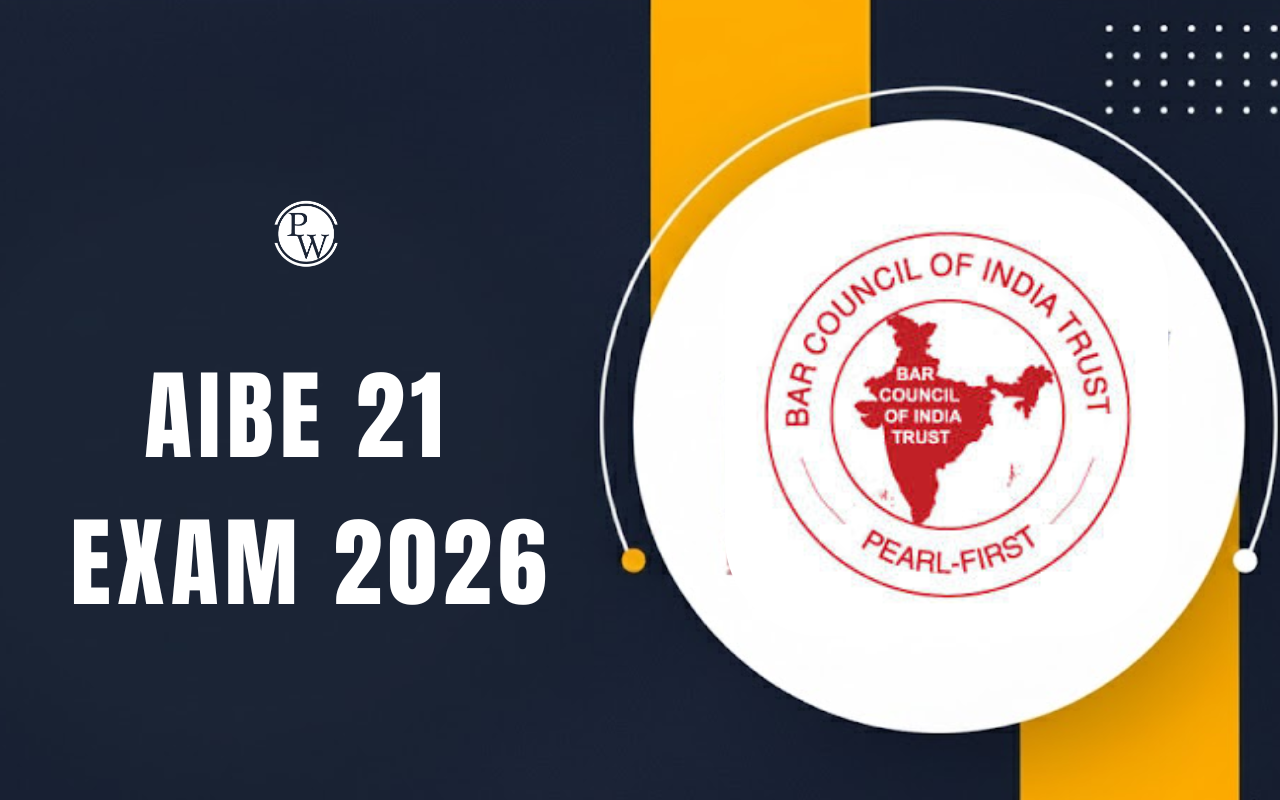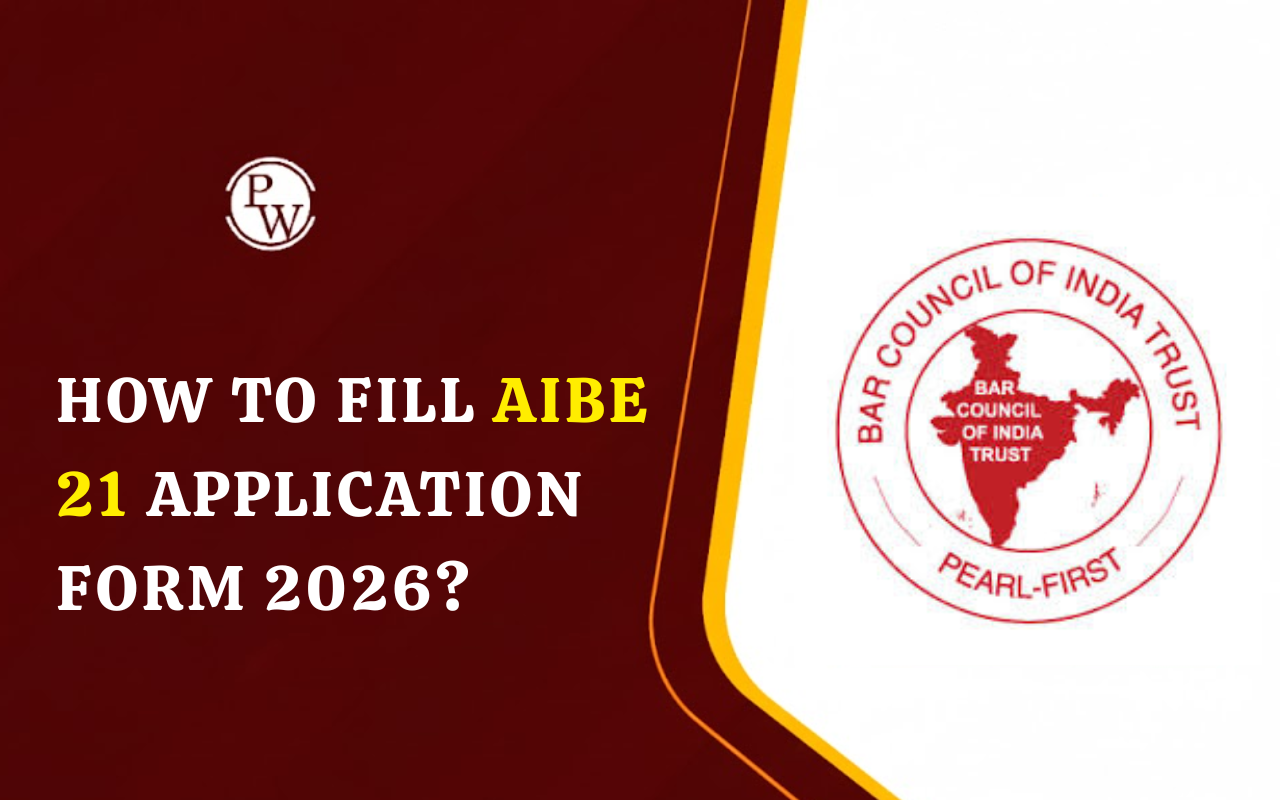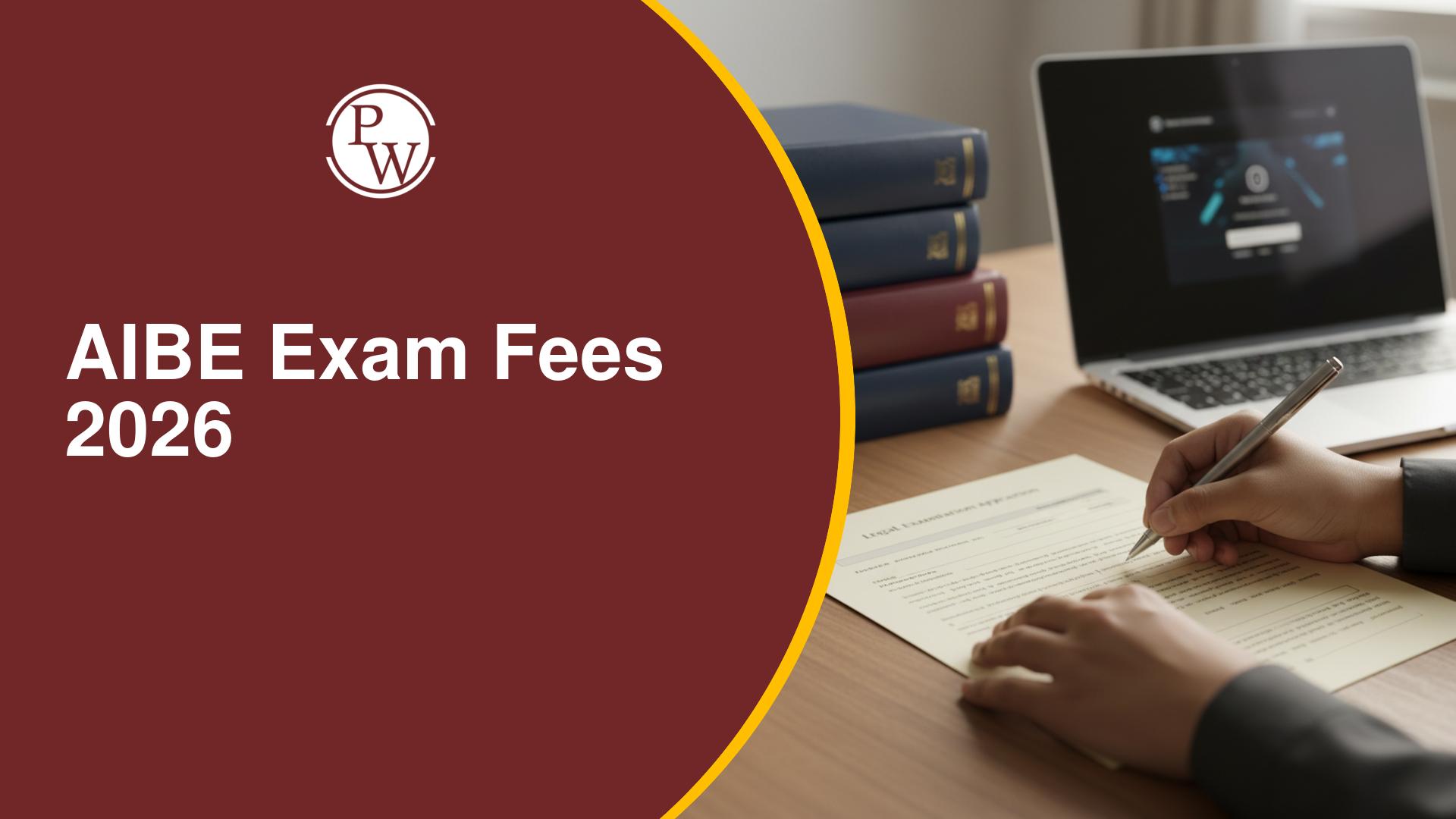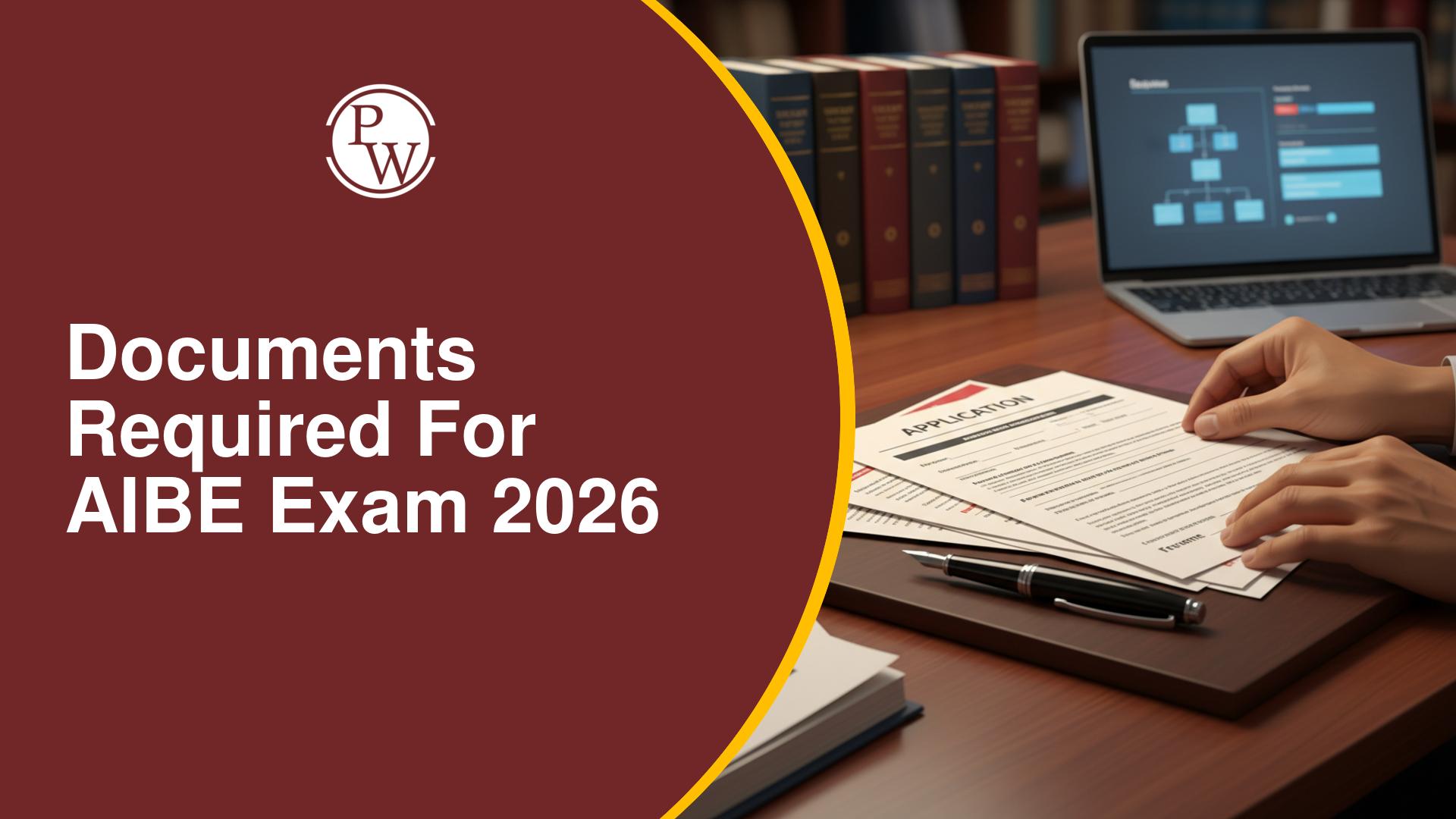
Rajasthan APO Important Questions & Answers: The Rajasthan Assistant Prosecution Officer (APO) exam is a highly competitive examination for aspirants aiming to build a successful career in the legal field. With the right strategy and preparation, including focusing on key topics and questions, candidates can significantly improve their performance. This informative guide explores Rajasthan APO Important Questions, preparation tips, and resources to guide you through your preparation journey.
Rajasthan APO Exam Overview
Before directly discussing the details of preparation and listing Rajasthan APO Important Questions, it is essential to understand the structure and key aspects of the Rajasthan APO exam . The exam tests a candidate's legal acumen, reasoning ability, and general awareness. Below is a quick overview of the exam structure:
| Rajasthan APO Exam | |
|---|---|
| Component | Details |
| Exam Mode | Offline (Pen and Paper) |
| Stages | Preliminary, Mains, and Interview |
| Subjects Covered | Law (IPC, CrPC, Evidence Act), Constitution, and GK |
| Question Format | Objective for Prelims, Descriptive for Mains |
| Duration | Varies by stage |
| Total Marks | Prelims: 150, Mains: 300 |
Rajasthan APO Important Questions & Answers Overview
Understanding the types of questions asked in the Rajasthan APO exam is necessary for targeted preparation. The questions primarily focus on legal provisions, constitutional law, and current legal developments. Practising Rajasthan APO important questions and answers enables candidates to familiarize themselves with the exam format and identify key topics. In order to succeed, pay close attention to the following areas:- Indian Penal Code (IPC): Cover definitions, punishments, and landmark cases.
- Criminal Procedure Code (CrPC): Understand procedural laws, jurisdiction, and bail provisions.
- Indian Evidence Act: Focus on admissibility, burden of proof, and evidence types.
- Constitutional Law: Prepare articles related to fundamental rights, duties, and directive principles.
- General Knowledge: Stay updated on legal amendments, landmark judgments, and national events.
List of 25 Rajasthan APO Important Questions & Answers
Practising these Rajasthan APO important questions & answers will help you get familiar with the exam pattern and key areas:Q.1) In a bailable offence, the bail is granted as a matter of right
(a) by the police officer (b) by the court (c) Both (a) and (b) (d) Either (a) or (b)Ans. (c )
Q.2) Maximum period for which under-trial can be detained
(a) Is decided by the court (b) Not exceeding the maximum period of punishment for the said offence (c) Not more than half of the maximum period of punishment for the said offence (d) None of the aboveAns. (c )
Q.3) Three offences of the same kind within ________ may be charged together. Fill in the blanks in accordance with the provisions of Section 219 of CrPC.
- A year
- Two Years
- Three Years
- None of the above
Ans (a)
Q.4) When an investigation cannot be completed within 24 hours, the maximum period for which an accused can be remanded to police custody is
(a) ten days (b) fifteen days (c) thirteen days (d) thirty daysAns. (b)
Q.5) When an investigation cannot be completed within 24 hours, the largest period for which an accused can be remanded to police custody is
(a) ten days (b) fifteen days (c) thirteen days (d) thirty daysAns. (b)
Q.6) Whenever a charge is altered or added to by the Court after the commencement of the trial, the prosecutor and the accused shall be allowed to recall their witnesses. This is provided under _________ of CrPC.
- Section 217
- Section 218
- Section 216
- Section 215
Ans (a)
Q.7) Maintenance of a case diary by an investigating officer is
(a) Directory (b) Mandatory (c) Discretionary (d) Neither (a) nor (bAns. (b)
Q.8) Under which of the following sections of Cr.P.C. provisions relating to police report is given?
(a) Section 173(2)(i) (b) Section 177 (c) Section 174(2)(i) (d) Section 175Ans. (a)
Q.9) Which one of the following propositions of law is correct as per the law laid down in Lalita Kumari v. Government of UP and Others, (2014)?
(a) Police has discretion to register FIR (b) Police can hold a preliminary enquiry before registering FIR (c) It is mandatory for the police to register FIR unless the case falls in the exceptions (d) It is absolutely mandatory for the police to register FIR without exceptionAns. (c )
Q.10) Under which Section of Cr.P.C. the attachment of property of the person absconding is made?
(a) Section 12 (b) Section 83 (c) Section 64 (d) Section 85Ans. (b)
Q.11) A proclamation under Section 82 of Code of Criminal Procedure, 1973 shall specify time for not less than 30 days from the date of ____________ of such proclamation (a) Issuing (b) Receiving (c) Publishing (d) ReturningAns. (c )
Q.12) Fill in the blanks in accordance with Section 265 of CrPC with the appropriate option
Language of record and judgment - Every such record and judgment shall be written in the ___________.- English Language
- Hindi Language
- Language of the Court
- Vernacular Language
Ans (c )
Q.13) Under Section 439 of the CrPC, which courts have the power to grant bail in non-bailable cases?
A) Only the Magistrate's Court B) Only the Sessions Court C) Only the High Court D) Both the Sessions Court and the High CourtAnswer: (d)
Q.14) Which of the following courts can summarily try offences mentioned in Section 260 of the Criminal Procedure Code?
(a) Any Chief Judicial Magistrate (b) Any Metropolitan Magistrate (c) Any magistrate of the first class specially empowered by the High Court in this behalf (d) All the aboveAns. (d)
Q.15) Under which provision of Cr.P.C, a court may convert a summons case into a warrant case?
(a) Section 259 (b) Section 260 (c) Section 258 (d) All the aboveAns. (a)
Q.16) An accused can be discharged by the :
(a) Magistrate who takes the cognizance (b) Court which has competence to try the case (c) Police (d) Chief Judicial Magistrate or Court of SessionsAns. (a)
Q.17) Section 2(h) of the Code of Criminal Procedure defines the term
(a) Investigation (b) Charge (c) Inquiry (d) OffenceAns. (a)
Q.18) The most essential ingredient of the ‘complaint’ is:
(a) an allegation of wrongful act (b) an allegation of breach of right (c) an allegation of some physical injury (d) an allegation of an offence with a view to take actionAns. (d)
Q.19) How many classes of criminal courts shall be in a district?
(a) Two (b) Three (c) Four (d) FiveAns. (c )
Q.20) State Government may, by notification. declare any area to be a metropolitan area fer the purposes of the Code of Criminal Procedure whose population exceeds:
(a) Ten lakhs (b) Five lakh (c) Seven lakhs (d) Three lakhAns.(a)
Q.21) In sub-section (1) of section 24 of the Cr.P.C., after the words "Public Prosecutor" the words inserted are: (a) one or more additional public prosecutors (b) two or more additional public prosecutors (c) at least five additional public prosecutors (d) None of the aboveAns. (a)
Q.22) Summons of Court can be served by:
(a) Only a police officer (b) An officer of the court (c) Public servant (d) Any of themAns.(d)
Q.23) Under which Section of Cr.P.C. the summons may be served by leaving it with some adult member of the family of the concerned person?
(a) Section 62 (b) Section 63 (c) Section 64 (d) Section 65Ans. (c )
Q.24) An arrest warrant in a criminal case shall be signed by:
(a) Chief Ministerial Officer (b) Authorized Office (c) Presiding Officer of the Court (d) Authorized OfficerAns. (c )
Q.25) The FIR gives information of
(a) Report to the Magistrate about the inquiry conducted by a police officer (b) Report submitted to the court by the investigation officer in a criminal case (c) The commission of a cognizable crime (d) None of the aboveAns. (c )
To further enhance your preparation, explore additional Rajasthan APO Important Questions available through the link below. These Rajasthan APO Important Questions and Answers will provide detailed insights and help you tackle various question patterns.
| RAJASTHAN APO QUESTION |
| Click Here |
Rajasthan APO Exam Preparation Tips 2025
Effective preparation for the Rajasthan APO exam requires strategic planning and disciplined execution. These tips will guide you through:
- Understand the Exam Pattern: Review the Rajasthan APO syllabus thoroughly and focus on areas with higher weightage.
- Regular Practice: Solve mock tests and Rajasthan APO important questions to improve speed and accuracy.
- Stay Updated: Keep up-to-date on legal developments, recent amendments, and landmark judgments.
- Time Management: Allocate specific time slots for revision, practice, and self-assessment.
- Consistency: Make a study plan and stick to it, ensuring regular intervals for revision.
Rajasthan APO Exam Preparation Books 2025
Selecting the right books is essential for comprehensive preparation. Below is a curated list of books for the Rajasthan APO exam:
| Subject | Recommended Books |
| IPC and CrPC | “Indian Penal Code” by Ratanlal & Dhirajlal |
| “Code of Criminal Procedure” by Kelkar | |
| Indian Evidence Act | “Law of Evidence” by Batuk Lal |
| Constitutional Law | “Introduction to the Constitution of India” by D.D. Basu |
| General Awareness | Manorama Yearbook , The Hindu , Indian Express |
| Previous Year Papers | Rajasthan APO exam-specific guides and question banks |
Rajasthan APO Important Questions & Answers
Q1. What are the most important Rajasthan APO Exam Questions & Answers ?
Q2. How can I access 20 Important Rajasthan APO Exam Questions & Answers?
Q3. What are the Rajasthan APO Exam Preparation Tips 2025?
Q4. Which are the best Rajasthan APO Exam Preparation Books 2025?
Q5. What is the Rajasthan APO Exam structure?


